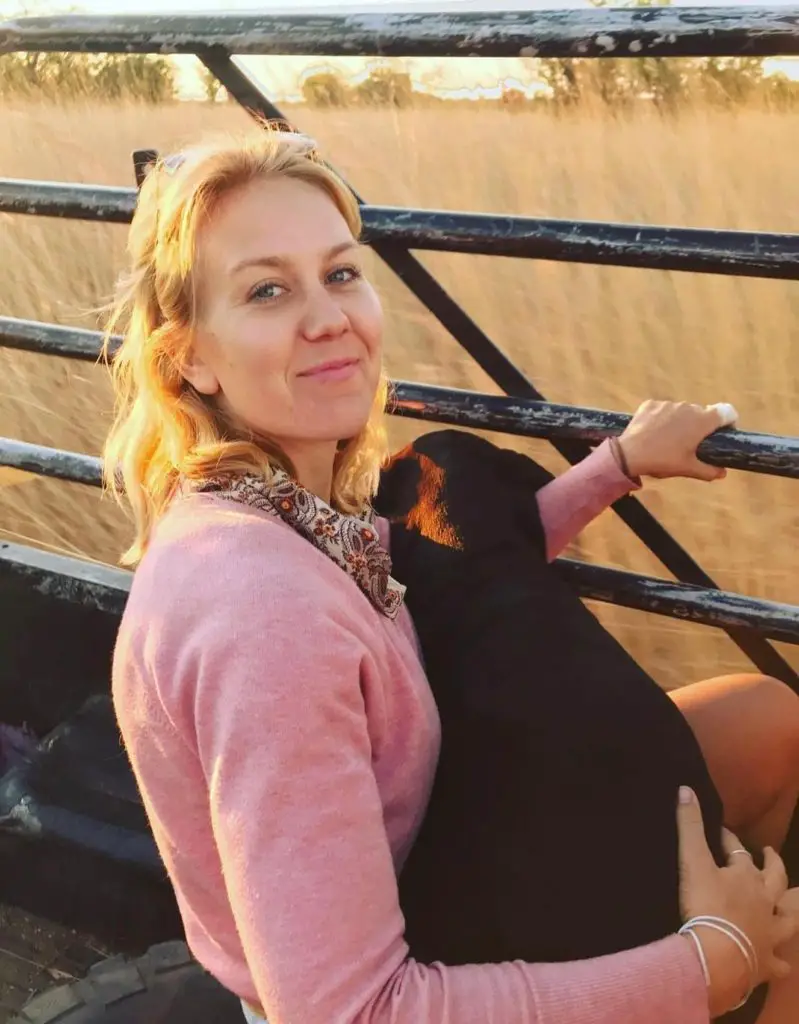Why Dogs Do What They Do – The Psychology Behind Man’s Best Friend
You love your dog. You feed them the good stuff, take them on walks, buy them toys they destroy in five minutes. But sometimes… you just don’t get them.
Why do they bark at the neighbor’s kid like he’s an alien from another planet? Why do they flip out when you leave for work, or chew your shoes but ignore the ten toys on the floor?
And maybe, just maybe, there’s been a scary moment like growling at a guest, snapping at a child, or even a bite that no one saw coming. Now you’re wondering what it all means, and how to prevent it from happening again.
This article is for you. Whether you’re a new dog parent or you’ve had dogs for years, we’re breaking down why dogs behave the way they do, the good, the bad, and the downright confusing. We’ll talk about instincts, training, bonding, and yes, what to do when things go wrong.
By the end, you’ll understand your dog a whole lot better and your life together will be smoother, safer, and way more fun.

Contents
Instincts Guide Them
Even though your pup might sleep in a bed fluffier than yours, part of their brain still thinks they’re living in the wild.
Dogs are wired to protect their space, chase things that move, and stay close to a group. That’s why your dog barks at delivery drivers, herds your kids around the backyard, or follows you from room to room like a little furry stalker.
A study of 25 common dog behaviors found that 86% of dogs display at least one behavior issue, like barking at loud noises or strangers at home. These behaviors come from thousands of years of survival instincts. The problem is when those instincts clash with life in a modern home.
For example, guarding food or toys might seem cute until it turns into growling or snapping. That’s not your dog being “mean.” That’s your dog saying, “Back off, this is mine.”
Knowing where these reactions come from helps you handle them better and train them out before they become a problem.
Dogs Learn by Association
Dogs don’t speak our language, but they’re amazing at picking up on patterns.
If every time your dog sits, you hand them a treat, guess what? They’ll start sitting even faster. That’s how positive reinforcement works. It rewards good behavior, so they want to do it again.
But here’s the catch: Dogs also learn from bad experiences. If they get yelled at every time they see the mail carrier, they might start thinking the mail carrier is the problem. Same goes for hitting, harsh corrections, or chaotic environments. All of that gets logged in their brains and can turn into stress or fear.
The most successful training usually boils down to two things: consistency and timing. Praise the good stuff as it’s happening, not after. And if your dog’s doing something wrong, redirect or distract rather than punish.
Punishment might stop a behavior for a second, but it doesn’t teach your dog what to do instead. And often, it just builds fear.
Why Aggression Happens
Even the sweetest, floppiest dog can have a bad day.
Maybe they’re scared. Maybe they feel cornered. Maybe they’re in pain and don’t want to be touched. And in those moments, they might growl, snap, or bite.
A lot of dog bites happen because people miss the warning signs. A stiff tail, frozen posture, lip licking, or a low growl can all be ways your dog is saying, “I don’t like this.” If nobody listens, a bite might be next.
If a bite does happen, there’s no need to panic, but don’t shrug it off either.
First, take care of the injury. Then, talk to a vet or a dog trainer to figure out what triggered it. If someone outside your household was bitten, things can get legally complicated, fast. Medical bills, insurance claims, and potential lawsuits are all on the table.
That’s when you should reach out to a dog bite lawyer, someone who knows how to handle these cases fairly and clearly. Whether you’re the dog owner or the person who got bitten, it helps to have someone on your side who understands how the law looks at these situations.
Don’t wait until things get messy. The sooner you act, the better for everyone involved.
Dogs Crave Connection, Not Just Commands
People love the idea of being the “alpha.” But most dogs don’t want a boss, they want a buddy.
Your dog watches your every move because they care about you. They get excited when you come home because you’re their person. When you build that trust, training gets easier. Behavior improves. They feel safer, and so do you.
The flip side? If a dog doesn’t feel connected to their human or lives in a home full of tension or chaos, they can get anxious. A big study of nearly 14,000 dogs found that 73% showed at least one anxiety-related behavior. Anxious dogs don’t always act scared. Some get hyper. Some get destructive. Some get aggressive.
Building trust isn’t about being strict. It’s about showing up. Be clear. Be kind. And don’t change the rules every other day.
How to Be the Human Your Dog Actually Needs
Raising a good dog isn’t just about stopping bad behavior. It’s about teaching your dog how to live in your world and showing them that it’s a safe, predictable place.
A few things that help a ton:
- Socialize early and often. Let your dog meet new people, dogs, and environments. Start slow and keep it positive.
- Stick to a routine. Dogs thrive on predictability. Meals, walks, training, chill time—it all adds up.
- Be their safe place. If they’re scared or unsure, let them retreat. Don’t force it.
- Ask for help when you need it. Trainers, behaviorists, even your vet can give you insights you might miss.
Nobody expects you to be a dog expert overnight. But every small step you take helps your dog feel more confident and less likely to act out.
Final Thoughts
Dogs aren’t complicated on purpose. They’re doing the best they can with what they’ve got. Sometimes that means being sweet and loyal and goofy. Other times, it means growling, guarding, or reacting in ways that confuse or scare us.
If we take the time to understand where it all comes from, we can prevent a lot of problems before they start. And when things do go wrong, there are smart steps you can take to fix them.
You don’t have to be perfect. You just have to be present.
And maybe carry a few extra treats.

Izzy is an experienced ranch worker who has a passion for exploring nature and getting up close to wildlife. With her connections to various animal organizations, Izzy is well-versed in animal care and rehabilitation.






